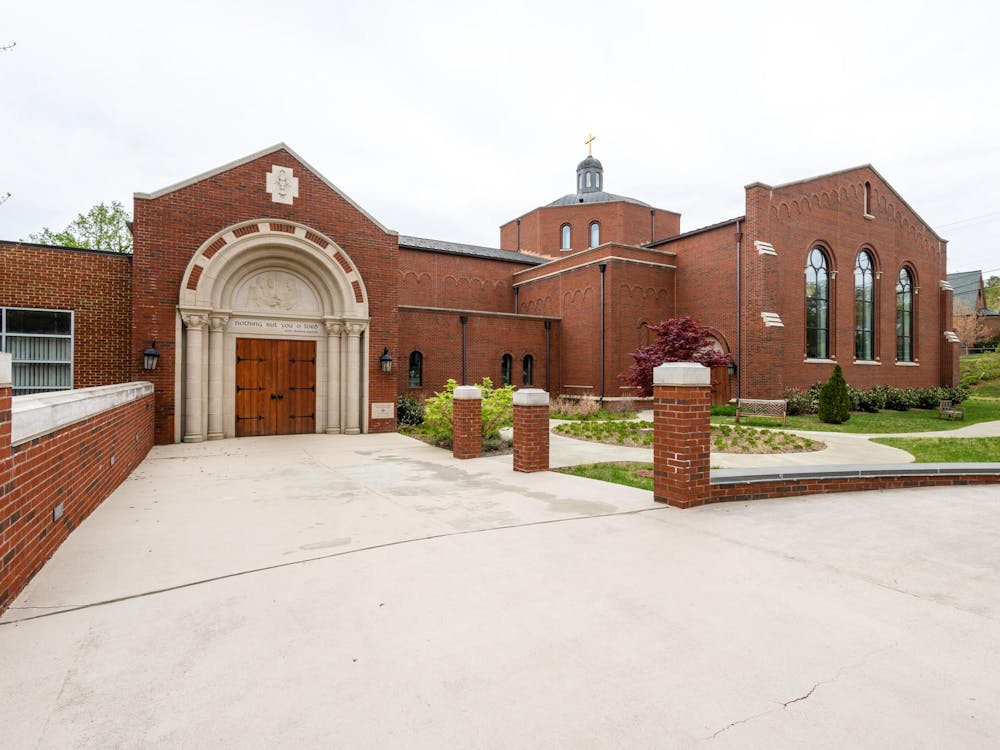Under a new ranking system proposed by President Barack Obama last month, the federal government would rate universities on three independent criteria: access, affordability and outcomes By 2018, those rankings would impact the amount of funding and financial aid awarded to schools and students, respectively.
According to a White House press release, school performance would be evaluated based on the “percentage of students receiving Pell grants … average tuition, scholarships, and loan debt … and advanced degrees of college graduates,” among other metrics.
University students were awarded $7,916,355 in Pell Grants for the 2011-12 school year, averaging slightly less than $4,000 per recipient, according to the State Council of Higher Education for Virginia. The University has one of the lowest percentages of students receiving Pell Grants – 9 percent of students compared to a 19 percent average among public institutions, according to the Century Foundation based on data from the Department of Education.
The new federal rating system will be developed by the Department of Education as part of the reauthorization of the Higher Education Act sometime before 2015. According to the proposal, the rating system will help students decide which colleges give the best value and offer the most opportunities for disadvantaged students.
By 2018, high-ranking colleges would receive a greater amount of state funding and students attending those high-performing schools would receive affordable student loans and Pell grants.
The cost of attending the University has risen sharply in the past few years, totaling $26,276 for Virginian undergraduates, and between $53,942 to $54,922 for out-of-state undergraduates. In 2003-04, the average cost of tuition, room and board, and required fees was $12,560 for in-state undergraduate and $28,660 for an out-of-state undergraduate.
Sen. Creigh Deeds, D-Charlottesville, said that this upward trend in the cost of attending the University is typical of a dangerous spike in the cost of higher education across the country.
“The whole reason we have a public system of higher education is to create a middle class, to lift people up out of poverty or out of the lower middle class, to give them a chance to really live the American dream,” he said. “That dream is very much in jeopardy today because of the rising cost of higher education. From my perspective, it’s the right thing to do in principle; how it’s going to be implemented and what effect that’s going to have remains to be seen.”
Third-year College student Liz Minneman, chairman of the College Republicans, said the proposition is a largely unnecessary show attempting to distract people from more important issues.
“I’m not sure if the ranking of the colleges is necessary, because there are so many private institutions who do a good job of it, and they do look at things like average salary for graduates and student debt,” she said. “So I think that Obama needs to be focusing more on policies that are going to help students get jobs after college and policies that will help with students reduce debt, but I don’t think that this is something that’s going to do that.”
University President Teresa Sullivan said the rating system could help students assess the return on investment of attending a certain college.
“We support the idea that students and families should have a wealth of information about their higher education choices,” Sullivan said in a press release. “And that includes information that helps them gauge the value of a degree.”
But there are other metrics that students and families need to consider as well when selecting schools, University spokesperson McGregor McCance said. Key grounding principles at the University, such as student self-governance and the honor code, are not part of the calculus in Obama’s proposal.
“We can’t put a price on how important [the honor code] is to so many students who decide to come here,” McCance said. “It’s important for us to continue to stress that, yes, our metrics tell a strong story about the value of an education here. But we want students and families to know the full story about U.Va. and what distinguishes us from others.”






